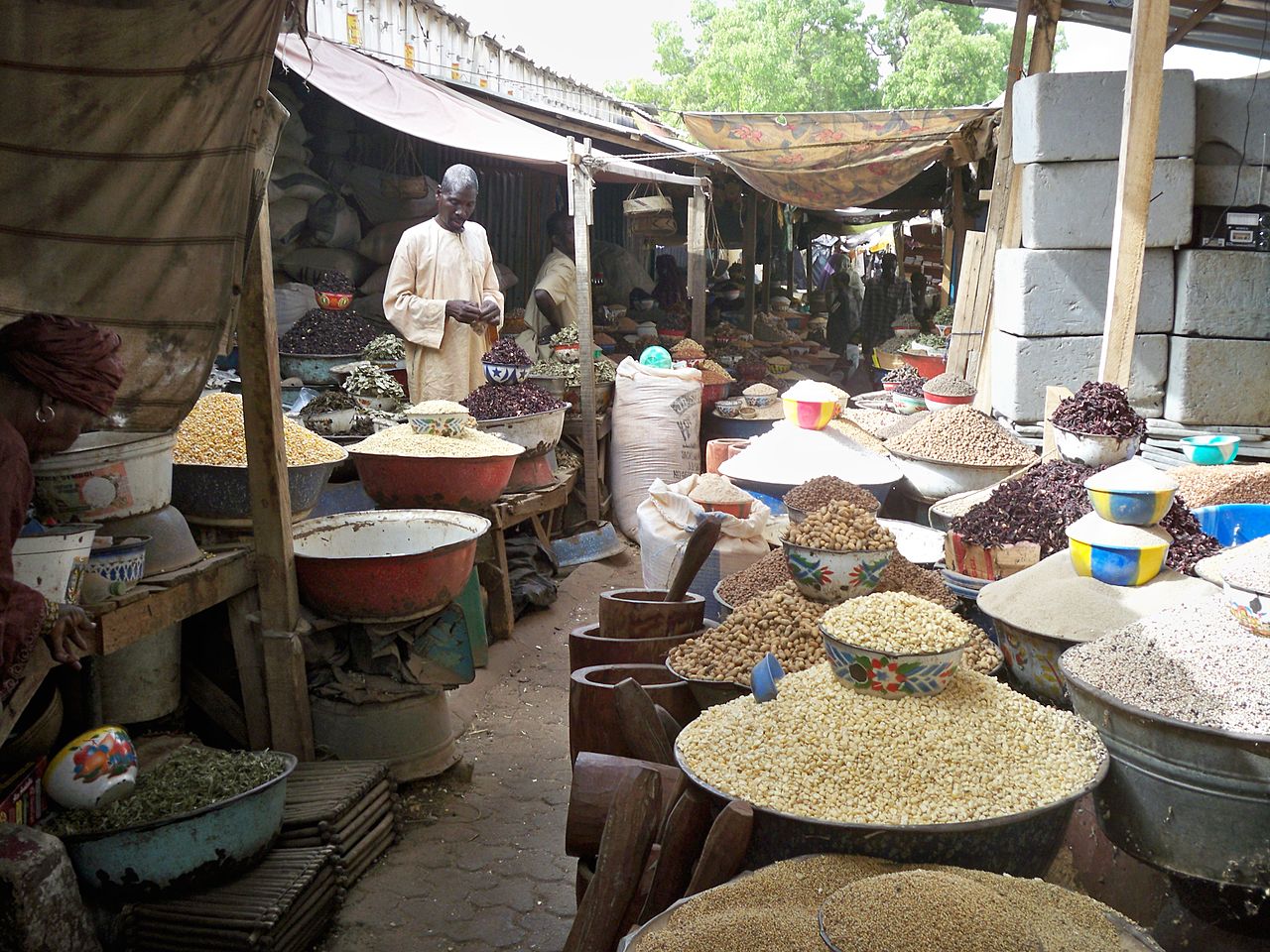The recent coup d’état that ousted President Mohamed Bazoum has led to unprecedented financial sanctions against Niger, decided upon by the Economic Community of West Africa States (ECOWAS) leaders on July 30th.
These punitive measures, including shutting down air and land borders and halting all commercial and financial transactions with Niger, promise a severe impact on Niger’s economy, contradicting the previously optimistic forecasts by the International Monetary Fund (IMF) and the World Bank.
As a Sahelian, landlocked country, Niger heavily relies on commerce with its neighbours, notably Nigeria and Benin, via the port of Cotonou.
These vital trade links are now frozen due to the sanctions, imposing a harsher burden than the embargo levied on Mali in 2022, which did not restrict essential goods.

An international finance insider warns of swift and severe repercussions, threatening many Nigeriens’ already fragile food security.
Nigeria, which supplies about 70% of Niger’s electricity, has reportedly cut off the power flow, leading to widespread blackouts across Niger.
This situation augurs a dark future for the country’s commerce and households.
Compounding the situation is the incomplete Kandadji hydroelectric dam project on the Niger River, and the country’s electrification rate, which at around 17%, is among the world’s lowest.
Niger’s geographical positioning and the newly imposed sanctions spell trouble for its neighbours, with Benin likely to bear the brunt of the blockade’s consequences.
The embargo will undoubtedly affect the significant trade corridor between Cotonou and Niamey.
Pre-coup forecasts by the World Bank predicted impressive growth for Niger’s economy.
The country’s successful agricultural policies were driving down poverty rates.
However, the coup has upended these projections, and it’s feared that public and private projects will come to a standstill as international development aid and budget support is suspended.
The coup’s effects on public finances are immediate.
The IMF has halted disbursement of a recently approved US$131.5m loan.
Similarly, the Central Bank of West African States (BCEAO) has frozen Niger’s accounts and announced its office closures.
The future appears bleak, with Niger’s government likely struggling to pay civil servants’ salaries soon.
Financial sanctions will disrupt the interbank clearing system and disable banks from borrowing from the central bank.
While it’s too early to predict the full extent of the impact, the financial embargo choked Mali’s economy within a year, indicating possible similar outcomes for Niger.
Uranium mining companies in Northern Niger are continuing operations for now, but the border closures are likely to disrupt ore exports.
Regardless of the past resilience of the industry in weathering the country’s various coups, the current situation indicates significant disruptions in the near future.

